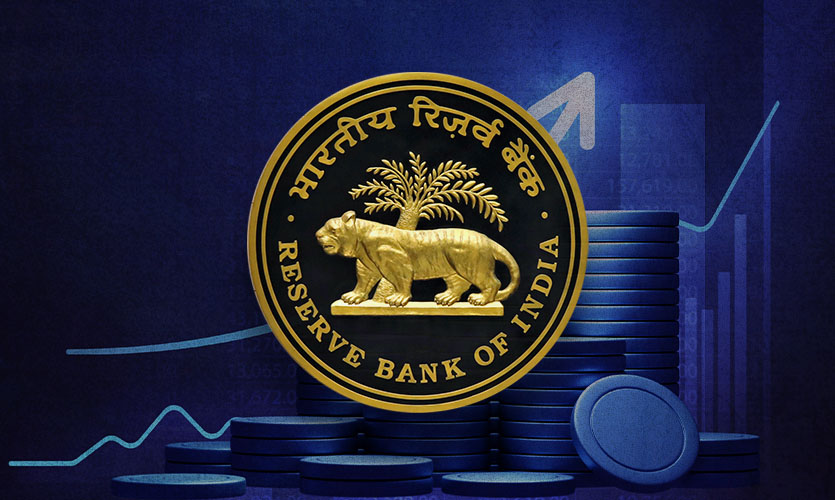The recent revelations from the International Consortium of Investigative Journalists (ICIJ) report – the “Pandora Papers” – have once again highlighted the use of tax havens by the rich and powerful to hide their money from global tax rules. The report leak consists of over 12 million documents, with over 600 journalists worldwide working to uncover this network of shell companies created for tax avoidance and, in some cases, money laundering purposes.
The leak has unearthed 35 current and former world leaders and more than 300 public officials who own offshore companies for illicit purposes. One such prominent leader is Jordan’s ruler, King Abdullah II, who owns about $100 million worth of property in the US and the UK through secret companies. The offshore accounts were purchased between 2003 and 2017 in destinations with lax tax rules such as Malibu, Southern California, Washington and London. The ruler is represented by DLA Piper, who’s London law office told the ICIJ that he had “not at any point misused public monies or made any use whatsoever of the proceeds of aid or assistance intended for public use”.
Another prominent former leader to come under scrutiny is Britain’s ex-PM Tony Blair and his wife, Cherie Blair, who did not have to pay £312,000 in stamp duty when buying a £6.45 million London townhouse in Harcourt Street, Marylebone. The loophole often used to avoid paying this tax is when the company that owns the property is acquired because the shareholder of the company is switching hands, rather than the actual ownership of the property. Cherie Blair has stressed that the townhouse will be under UK tax and regulatory rules should they decide to sell it. She said, “It is not unusual for a commercial office building to be held in a corporate vehicle or for vendors of such property not to want to dispose of the property separately.”
According to the ICIJ report, Pakistan’s anti-corruption advocate and cricketer turned prime minister Imran Khan’s close-knit circle, including cabinet ministers, their families and major financial party funders have long held an array of companies and trusts worth millions of dollars of hidden wealth. Many of Pakistan’s military leaders have been implicated as well. The documents have not suggested if Khan owns any offshore companies. Among the many names disclosed, Khan’s finance minister, Shaukat Fayaz Ahmed Tarin and his family, and the son of Khan’s former adviser for finance and revenue, Waqar Masood Khan have also been named.
According to Pakistan’s media, more than 700 individuals from Pakistan were implicated in the papers. Khan has pledged to investigate citizens who have been named by the report. In 2016, Imran Khan was responsible for spearheading the anti-corruption protests against the then prime minister Nawaz Sharif after reports of his children’s offshore dealings were revealed by the Panama Papers.
Political Leaders From Poorer Countries Abuse Tax Loopholes
Other leaders implicated include Kenyan President Uhuru Kenyatta, along with six members of his family. The report has alleged that the President has a network of offshore companies and foundations in Panama and the British Virgin Islands of more than $30 million.
Similarly, Azerbaijani President Ilham Aliyev’s family is said to have property deals worth hundreds of millions of dollars in Britain. The report suggested that his son, Heydar Aliyev was a shareholder of a company in the British Virgin Islands at 11 years of age. The shell company was used to purchase a building in the upscale London neighbourhood of Mayfair for $49 million. Chilean President Sebastián Piñera is also said to own more than $100 million in shell companies in the British Virgin Islands. The former head of the Philippines’ Presidential Commission on Good Government is on the list as well.
According to Maira Martini, an expert on money laundering, “We literally have countries where people are starving, queuing for food, while their leaders are living lavish lifestyles abroad.”
“The impact is devastating,” she says. “You have money that should be used to finance public service such as health, education and housing that ends up financing luxury homes and yachts and other luxury goods abroad. That’s very, very concerning.”
America’s South Dakota – A Budding Tax Haven
According to reports by the Guardian, the state of South Dakota rivals Europe and the Caribbean for financial secrecy. The US has now emerged as a new hotspot for tax havens. The Washington, D.C.-based nonprofit newsroom consisting of a global network of journalists revealed that almost $360 billion in customer assets are sitting in trusts in South Dakota.
The state of South Dakota is reportedly sheltering billions of dollars in wealth linked to individuals and companies previously accused of serious financial crimes, human rights abuses and other wrongdoings.
Indians Implicated
As many as 380 Indians have been implicated in these reports, some of them being Anil Ambani, Vinod Adani, Jackie Shroff, Kiran Mazumdar-Shaw, Niira Radia, Sachin Tendulkar and Satish Sharma.
The Indian government has ordered an investigation into the implicated individuals and entities based on the discoveries of the Pandora Papers. A multi-agency group of the Enforcement Directorate, the Reserve Bank of India and the Financial Intelligence Unit, headed by the Central Board of Direct Taxes (CBDT) chairman has been constituted. “The relevant investigative agencies would undertake an investigation in these cases and appropriate action would be taken in such cases as per law,” said the Ministry of Finance.
Anil Ambani, who declared bankruptcy in a UK court this year, allegedly owns three offshore companies by the name of Batiste Unlimited, Radium Unlimited and Hui Investment Unlimited in Jersey.
The Role Of Governments
Prior to the 2021 reveal of the Pandora Papers, the Panama Papers detailed more than 200,000 offshore entities set up through the law firm Mossack Fonseca in 2016. In 2017, the Paradise Papers revealed leaks from the Bermuda-based offshore specialist Appleby. The issue of tax avoidance continues to plague the world globally. The offshore economy is a complex network of specialist firms that have intricate structures that protect them from any scrutiny. The UK-based Tax Justice Network estimated that governments lose $427 billion on an average each year to tax avoidance and evasion by companies and wealthy individuals. The report found that multinationals shift $1.38 trillion worth of profit each year into tax havens.
World leaders of G20 major economies signed a proposal in July this year that will set a global minimum corporate tax rate of 15 percent for large multinationals. This would obstruct firms like Facebook and Google to make use of low-tax regimes like Ireland and the Cayman Islands, and force companies to pay more taxes where they actually operate. However, the proposal excludes wealthy individuals from authoritarian states who hide their fortunes offshore.
Destinations that have lax tax rules are also against the implementation of such rules as they would obstruct foreign investments in their nations. The majority of EU countries have approved a new bloc-wide tax transparency tool that ensures that firms with total revenues of around €750 million in the EU through subsidiaries will have to comply with the same rules as EU companies. However, experts believe that governments are still not doing enough to clamp down on tax avoidance. “We are living in a time where governments need a lot of money… to basically fight this pandemic,” Frederik Obermaier, a journalist with Süddeutsche Zeitung newspaper and part of the ICIJ, told DW. Obermaier added that the shortfall was caused by the wealthiest people “evading or minimizing and avoiding their taxes and their fair share to our society”.
Gerard Ryle, the director of the ICIJ said leading politicians who are involved in tax havens benefited from the status quo and hindered reforms needed to dismantle the offshore economy. “When you have world leaders, when you have politicians, when you have public officials, all using the secrecy and all using this world, then I don’t think we’re going to see an end to it,” said Ryle.










